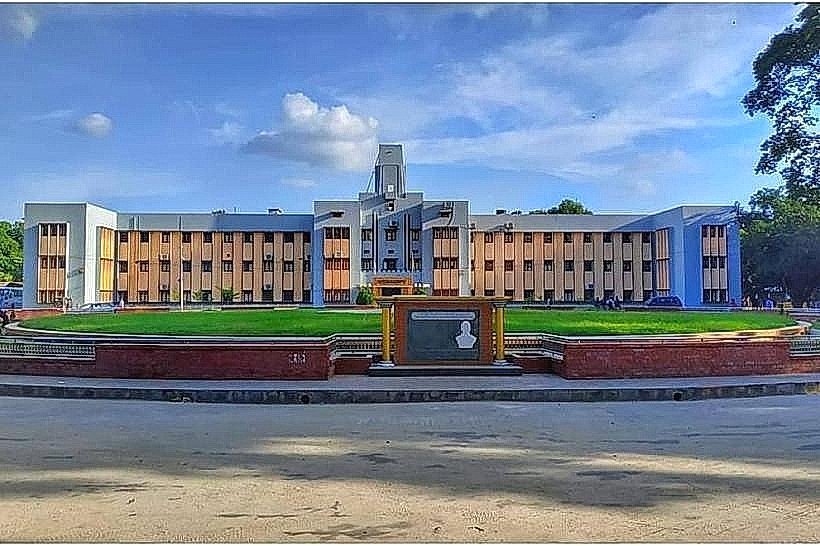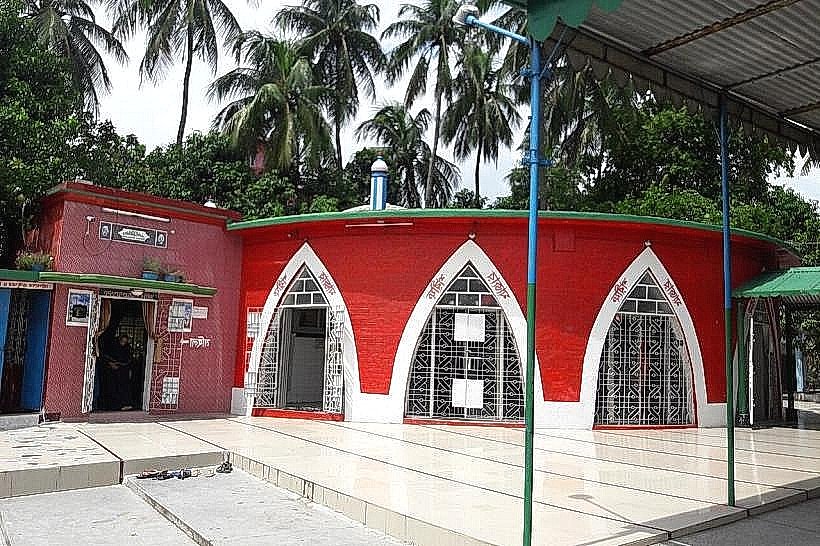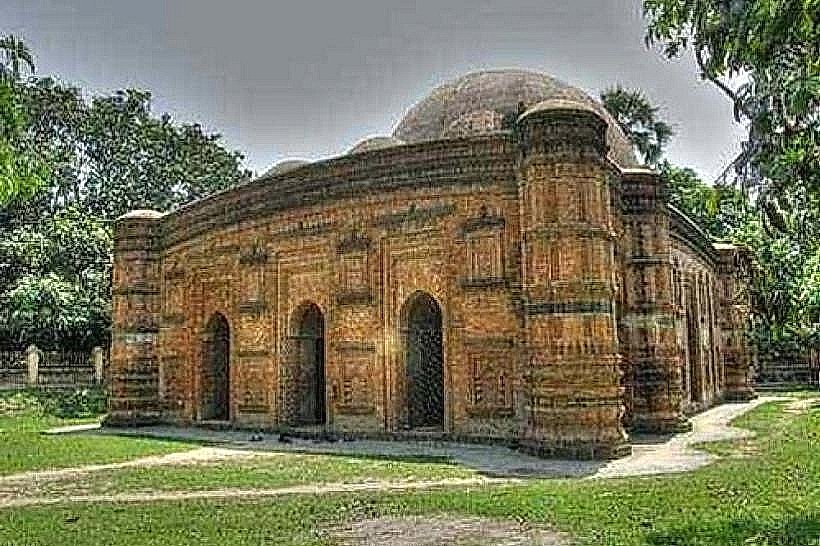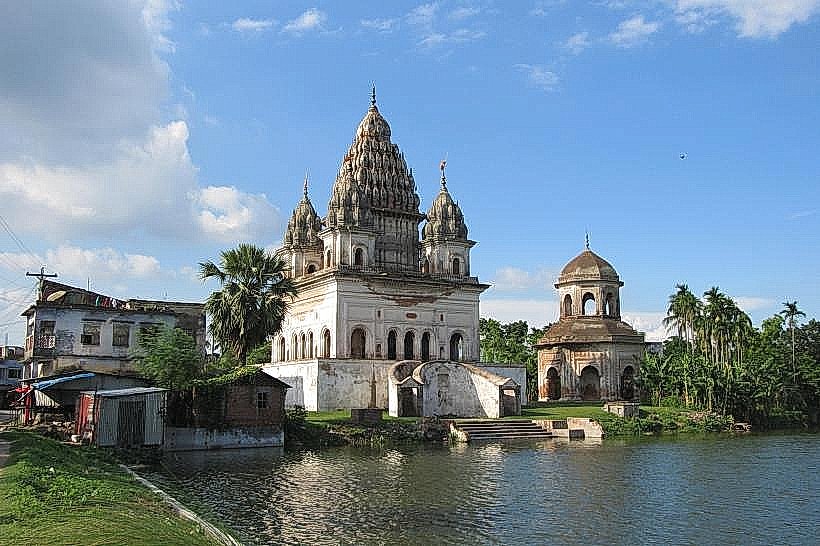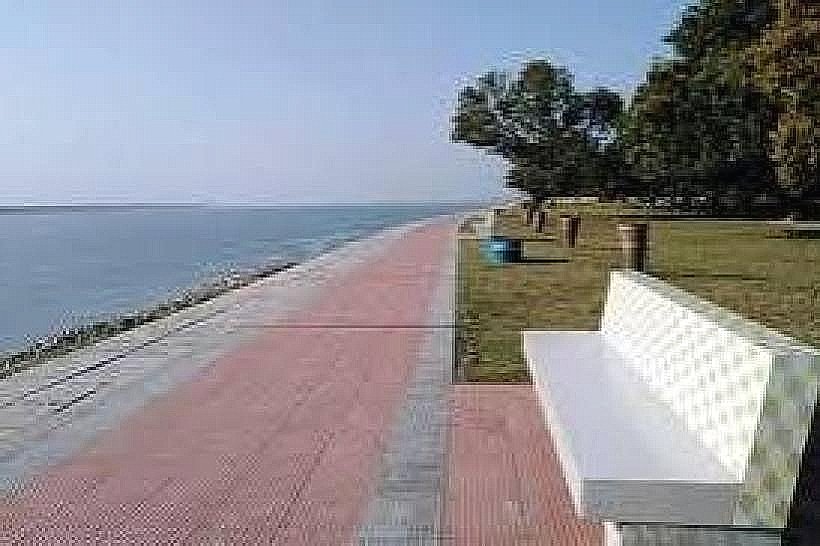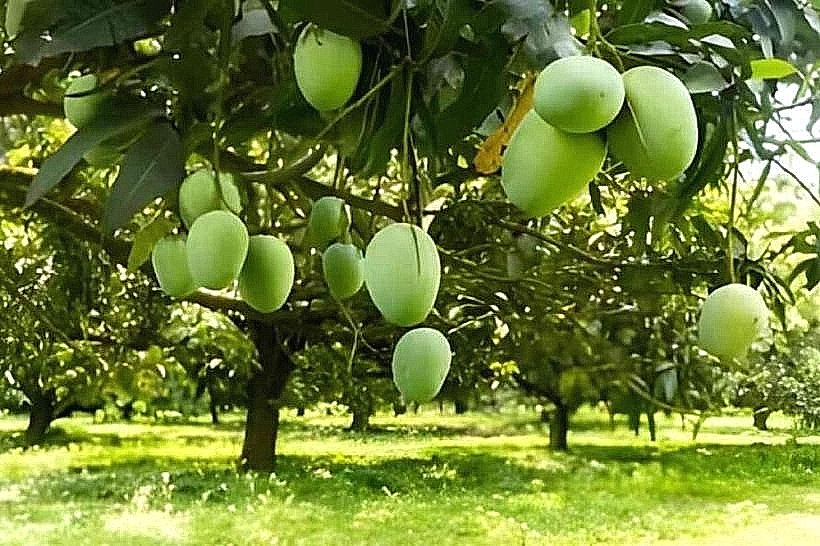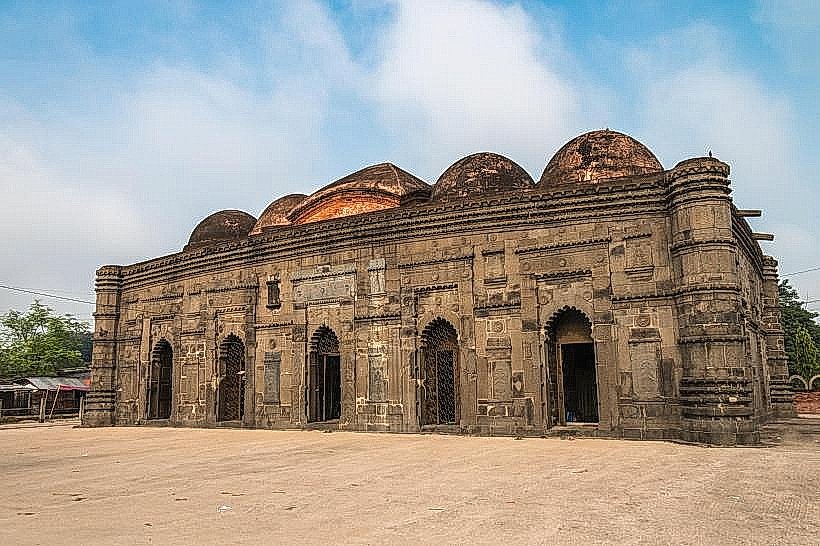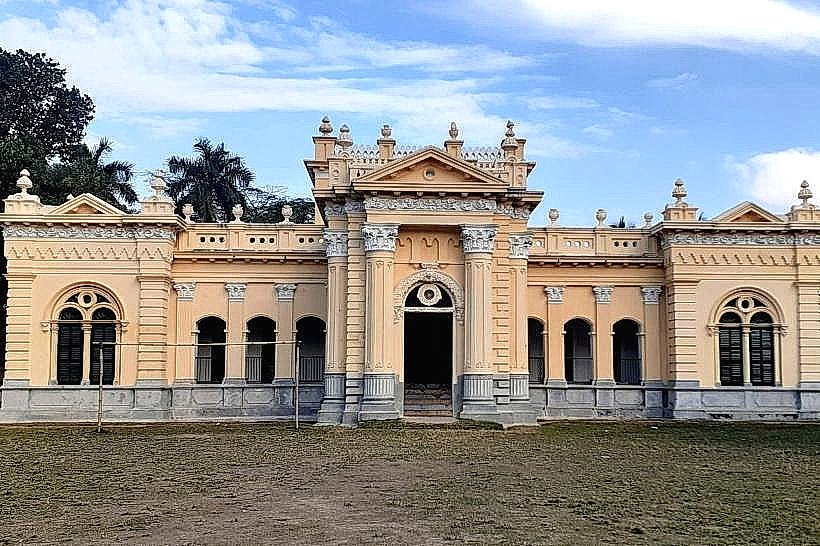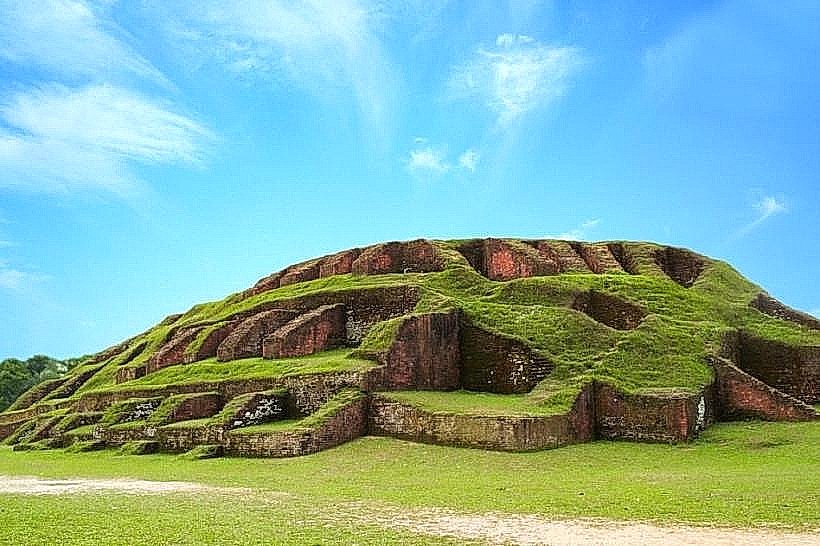Information
Landmark: Chalan BeelCity: Rajshahi
Country: Bangladesh
Continent: Asia
Chalan Beel, Rajshahi, Bangladesh, Asia
Chalan Beel is a large inland wetland located in the Rajshahi Division of Bangladesh. It is one of the largest beels (wetlands) in the country, characterized by its extensive water bodies and surrounding agricultural land.
Visual Characteristics
The beel is a complex network of interconnected water channels, ponds, and marshy areas. During the monsoon season, the water surface expands significantly, covering vast tracts of land. The water color varies from muddy brown to greenish depending on sediment load and algal growth. Surrounding vegetation includes rice paddies, reeds, and various aquatic plants. The landscape is predominantly flat with scattered trees along the banks and agricultural fields.
Location & Access Logistics
Chalan Beel is situated approximately 15 kilometers (9.3 miles) east of the city of Rajshahi. Access is primarily via National Highway 6 (N6), turning off onto local roads towards the beel. The nearest major town is Singra in the Natore District. From Rajshahi city, it is approximately a 45-minute to 1-hour drive by car or bus. Local buses operate from Rajshahi to Singra. Within the beel area, transportation is mainly by boat. Limited parking is available at access points near villages like Halti and Singra.
Historical & Ecological Origin
Chalan Beel is a natural depression that has been shaped by the Brahmaputra River system over millennia. It is a floodplain wetland, formed by the deposition of silt and sediment from riverine processes. The beel's ecosystem is dynamic, influenced by seasonal flooding and receding water levels. Historically, it has been a vital source of fish and water for the local population. The area is classified as a freshwater wetland ecosystem.
Key Highlights & Activities
Boat trips are the primary activity, allowing exploration of the water channels and observation of local life. Fishing is a common activity for residents. Birdwatching is possible, especially during migratory seasons. Visitors can observe traditional fishing methods and the cultivation of rice in the surrounding areas. Photography of the landscape and rural activities is also a key attraction.
Infrastructure & Amenities
Basic amenities are limited within the core beel area. Small tea stalls and local eateries can be found in villages bordering the beel. Restrooms are generally not available at designated tourist spots; visitors should plan accordingly. Shade is provided by trees and local boats. Cell phone signal (2G/3G) is generally available in villages but can be intermittent within the beel itself.
Best Time to Visit
The best time to visit Chalan Beel is during the dry season, from November to March, when water levels are lower, and the landscape is more accessible. For birdwatching, the winter months (December to February) are optimal. During the monsoon season (June to October), the beel expands significantly, offering a different visual experience but potentially limiting land-based access. The best time of day for photography is early morning or late afternoon for softer light.
Facts & Legends
Chalan Beel is known for its rich fish diversity, supporting the livelihoods of thousands of fishermen. A local legend speaks of a mythical creature said to inhabit the deepest parts of the beel, though no verifiable evidence exists. A practical tip for visitors is to hire a local boatman who knows the intricate channels and can provide insights into the local culture and ecosystem.
Nearby Landmarks
- Puthia Temple Complex (25km West)
- Varendra Research Museum (15km West)
- Bagha Mosque (30km South-West)
- Kopota-Danga Village (10km North-West)

